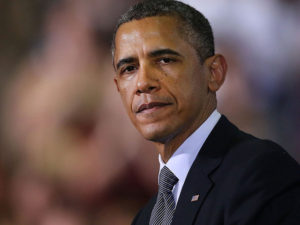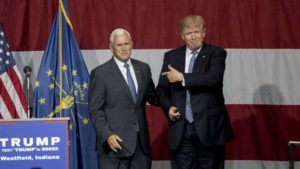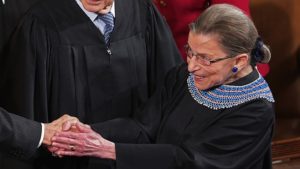
Congress shall make no law respecting an establishment of religion, or prohibiting the free exercise thereof; or abridging the freedom of the speech, or of the press; or of the right of the people to peaceably assemble, and to petition the Government for a redress of grievances.
First Amendment, to the U.S. Constitution
Here’s something you might not ever have considered when you think of journalists.
There are times when journalists at least one of the freedoms guaranteed in the Bill of Rights. It’s in the First Amendment to the U.S. Constitution and the clause contained in that amendment to which I refer speaks to the right to express your political views publicly.
I’ve known journalists over the years who’ve said they never vote because they feel this need to remain “neutral” as it regards political campaigns. Voting, they say, removes the veneer of neutrality and impartiality. I’ve heard of many prominent journalists who’ve said the same thing.
I didn’t adhere to that strange doctrine during the nearly 37 years I was a practicing full-time journalist. I always have voted, understanding that my vote is my business and that since it’s done in secret I was never obligated to reveal who received my ballot-box endorsement.
Lawn signs are another matter. The last sign I ever planted in my yard was in 1976, before I was finished with college and before I became a full-time journalist. It was during the Oregon primary that year and I displayed a sign supporting the late U.S. Sen. Frank Church of Idaho in that year’s Democratic presidential primary.
Bumper stickers, too, are forbidden — in my view — for those of us who have toiled in the media.
The last paper where I worked, the Amarillo Globe-News, did not have a policy banning bumper stickers on employees’ motor vehicles. I saw the occasional vehicle in the company parking lot with a sticker on a rear bumper.
On one occasion, I asked the owner of the vehicle about it and asked him if he thought it was appropriate for him to display that political preference while working for an organization that is supposed to present the news fairly and without bias. This individual sold advertisements for the paper and, thus, he didn’t feel compelled to remove the sticker from his vehicle. We agreed to disagree on that and we remain friends to this day.
Why mention this?
The media get hammered pretty hard by those who think reporters and editors are somehow privileged to say what they want without being held accountable. Actually, they are held accountable by their employers and, yes, by the public they seek to serve.
Their craft, though, occasionally prevents those in the media from responding as freely and forcefully as they wish.
Some media employers demand that their representatives keep their bias hidden; they prohibit bumper stickers on vehicles and signs in employees’ yards. Others don’t, preferring to leave it to the employees’ own good judgment to do the right thing.
On occasion, though, doing the right thing requires those in the media to surrender certain rights of citizenship — even as they advocate for the rights of others to never be “abridged.”
Ironic, yes?









